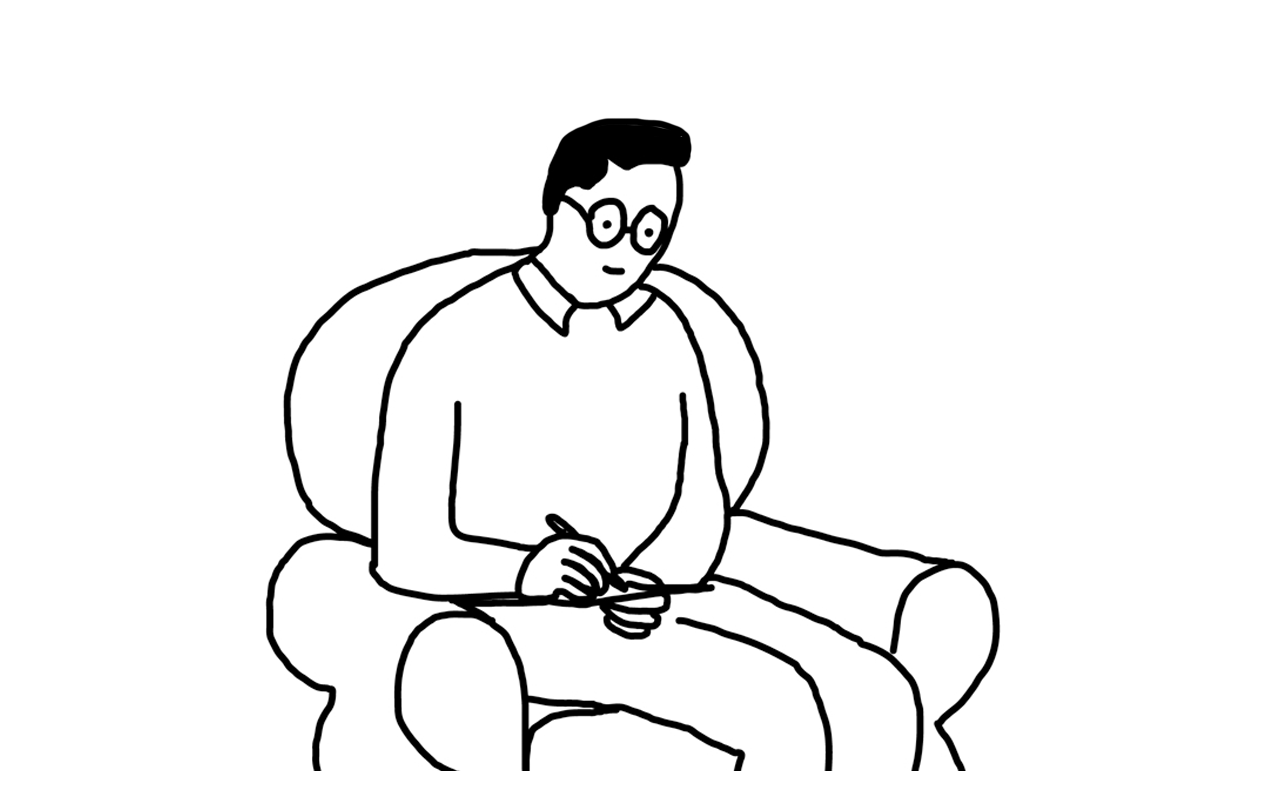There are plenty of reasons to get a bit of help for your mental health. You might've experienced a major life change – heartbreak, stresses with work or family, or the death of someone close. Or you could just be feeling a bit sad, indecisive or anxious and not have a clue why it's going on.
These are some of the reasons lots of people seek out psychologists. But if you've never made an appointment with one before, it's understandable that it feels a bit daunting. The whole process can come with feelings of shame, embarrassment and fear – but it doesn't have to.
“Mental health issues are often still seen as a sign of weakness, and there’s a bit of a stigma,” says Ros Knight, clinical psychologist and president of the Australian Psychological Society. Some people might put off seeing a psychologist, Ros says, because they think it means they’re admitting defeat and that they’re weak. But nothing could be further from the truth.
“When you have a physical illness, you know the faster you go to a GP when you notice something’s wrong, the more likely it is that it can be fixed quickly," she says. "We should look after our mental health the same way.”
What exactly are psychologists?
“A lot of people think we’re magicians,” Ros says. “They think we can mind-read and will pick them apart, and that all their weaknesses will come to the fore. That’s not what we do at all. What we do is help people to change, from a science-based perspective. How far that goes is up to the person who sits in front of us.”
While psychologists in Australia often hold Masters degrees or PhDs (in addition to years of university training and supervised experience), they aren't medical doctors and can't prescribe medication (that's psychiatrists). But psychology is a science, and your psychologist will do much more than just tell you to lay down and listen to you vent.
Got it. Then what will they do?
Your psychologist will use different therapies and techniques to help you, including cognitive behavioural therapy (which teaches you to challenge unhelpful thinking patterns) and interpersonal therapy (which focuses on solving relationship problems).
“You should have a sense of something changing, either through that conversation or through doing things between sessions," says Ros. "It’s really essential to understand that it’s aimed to be proactive and productive.”
Just as a physio gives you stretches to do at home and a GP scribbles out a prescription for antibiotics when you're sick, a psychologist's job is to fill your internal toolkit with strategies to better deal with those tough times and manage your thoughts and feelings.
